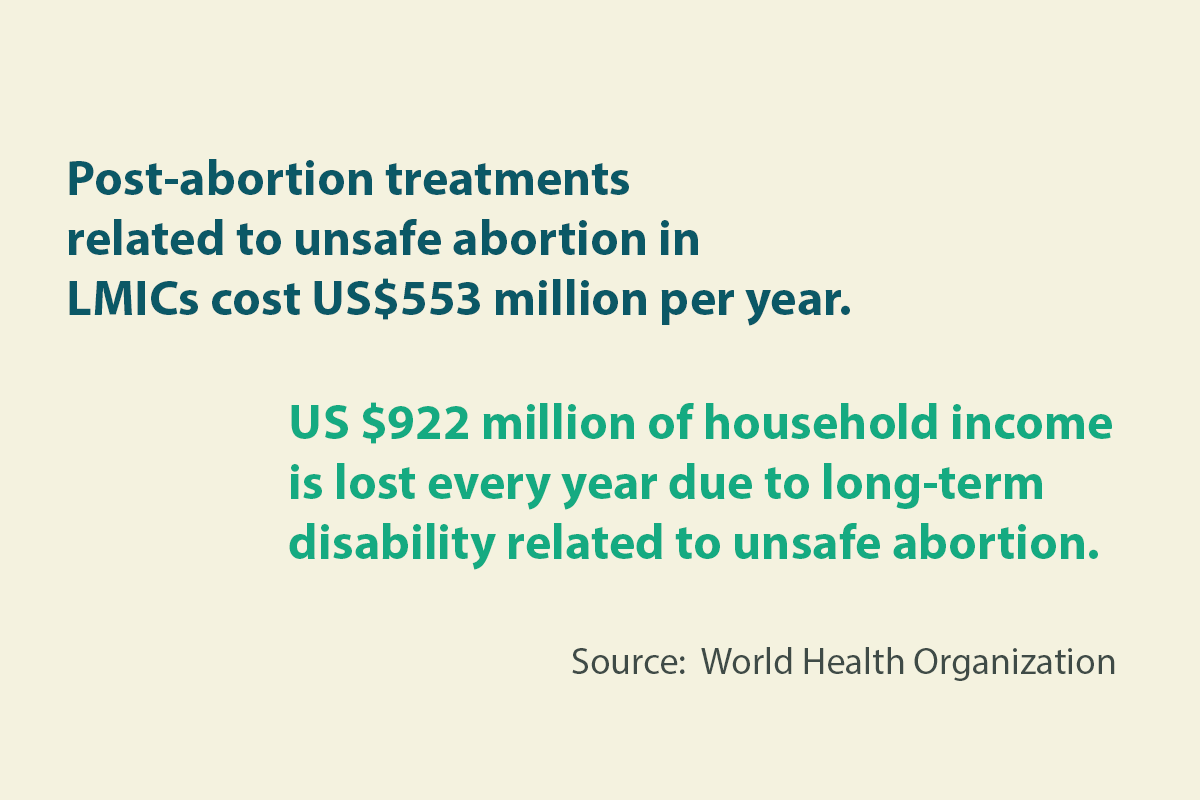
by Carmen Hall, Judith Daire, Delia Hendrie
FIGO 2022
Health Policy & Planning 2023;13 September
Abstract
Providing legal and safe abortion is promoted as one of the key global strategies for reducing maternal mortality. Following the landmark 1994 International Conference on Population and Development, low- and middle-income countries (LMICs) are shifting towards more liberal abortion legislation. Whilst the existing literature has predominantly focused on agenda setting and individual country contexts, there is a need to understand the universal policy process of changing abortion laws. Drawing on the heuristic policy stages model and policy analysis triangle, this paper explores the processes involved in changing abortion laws in LMICs and discusses the influencing factors. A total of 25 studies were included in the analysis. Following a descriptive, thematic and interpretive analysis of the extracted data, we have drawn out the key stages involved in changing abortion laws in LMICs: (1) establishing the need for changing abortion laws in a local context; (2) generating local evidence to support changes in abortion laws; (3) drafting of new and/or amendments of existing abortion laws; (4) adoption and enactment of changes in abortion laws; (5) translating the legal provisions into services and (6) assessing the impact of changes in abortion laws on maternal health…. The findings demonstrate that while the timing of change in abortion law was found to be dependent on the context of individual settings, the process and factors that influenced the change were remarkably consistent across geographies….
Key messages
-Framing unsafe abortion from a public health perspective as a means of improving maternal mortality was a popular approach for moving the agenda forward, particularly in more conservative settings.
-The mobilisation and collectivised efforts of both international and local actors provided the power to shift historically entrenched abortion laws.
-Many abortion law reforms have been slow to translate into accessible safe abortion services. Hence, there is a need for continued advocacy efforts to pressure governments into seeing through the implementation and provision of safe abortion services.



